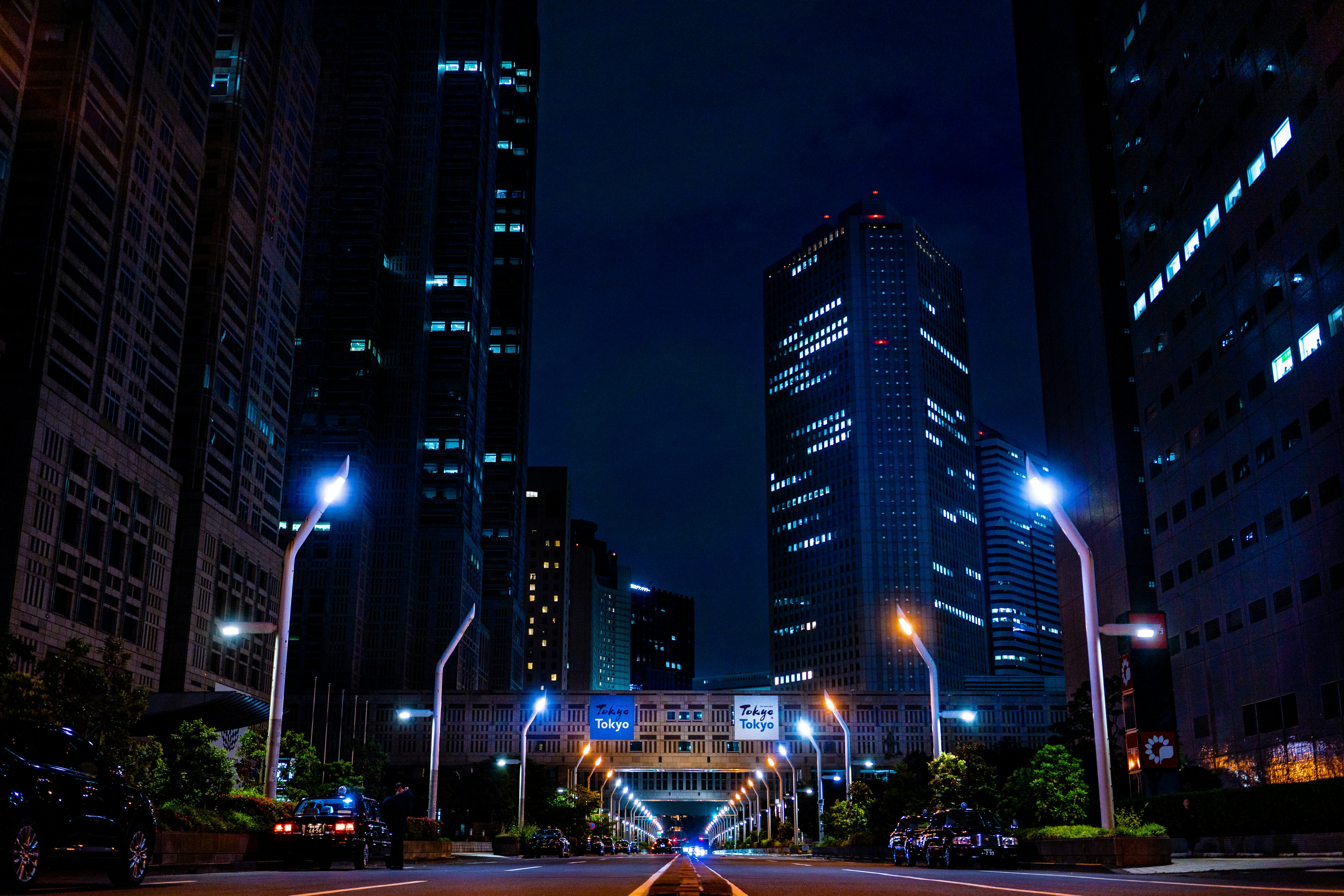
Understanding Water Damage Categories & Classes: A Complete Guide
Introduction to Water Damage Classifications
Water damage can devastate properties in various ways, and understanding the different categories and classes is crucial for proper restoration. This comprehensive guide will help property owners in New Haven and beyond understand the complexities of water damage and the necessary steps for recovery.
Category 1: Clean Water Damage
Clean water damage originates from sanitary sources such as broken water supply lines, tub or sink overflows, or appliance malfunctions involving water supply lines. While initially clean, Category 1 water can quickly degrade to Category 2 or 3 if left untreated.
Category 2: Gray Water Damage
Gray water contains significant contamination and has the potential to cause discomfort or sickness if consumed or exposed to. Sources include dishwasher overflow, washing machine overflow, toilet overflow (without feces), and sump pump failures.
Category 3: Black Water Damage
The most severe form of water damage, black water is grossly contaminated and contains pathogenic agents. Sources include sewage backup, flooding from rivers/streams, and standing water that has begun supporting bacterial growth.
Water Damage Classes
Beyond categories, water damage is classified by the rate of evaporation, which affects the drying process:
- Class 1: Slow evaporation rate with minimal water absorption
- Class 2: Fast evaporation rate with significant water absorption
- Class 3: Fastest evaporation rate with extensive water absorption
- Class 4: Specialty drying situations involving materials with low porosity
The Restoration Process
Professional water damage restoration follows a systematic approach:
- Emergency Contact and Assessment
- Water Extraction
- Drying and Dehumidification
- Cleaning and Sanitizing
- Restoration and Repairs
Prevention Tips
Prevent water damage through regular maintenance:
- Inspect and maintain roof conditions
- Clean gutters regularly
- Monitor appliance hoses and connections
- Install water detection devices
- Maintain proper drainage around your property
When to Call Professionals
Contact professional water damage restoration services immediately when:
- Water damage affects multiple rooms
- Structural damage is suspected
- Electrical systems are compromised
- Mold growth is visible
- Water contains sewage or harmful chemicals
About the Author
Michael Thompson is a certified water damage restoration specialist with over 15 years of experience. He leads the emergency response team at Flood Cleanup New Haven and has helped restore hundreds of properties throughout Connecticut.